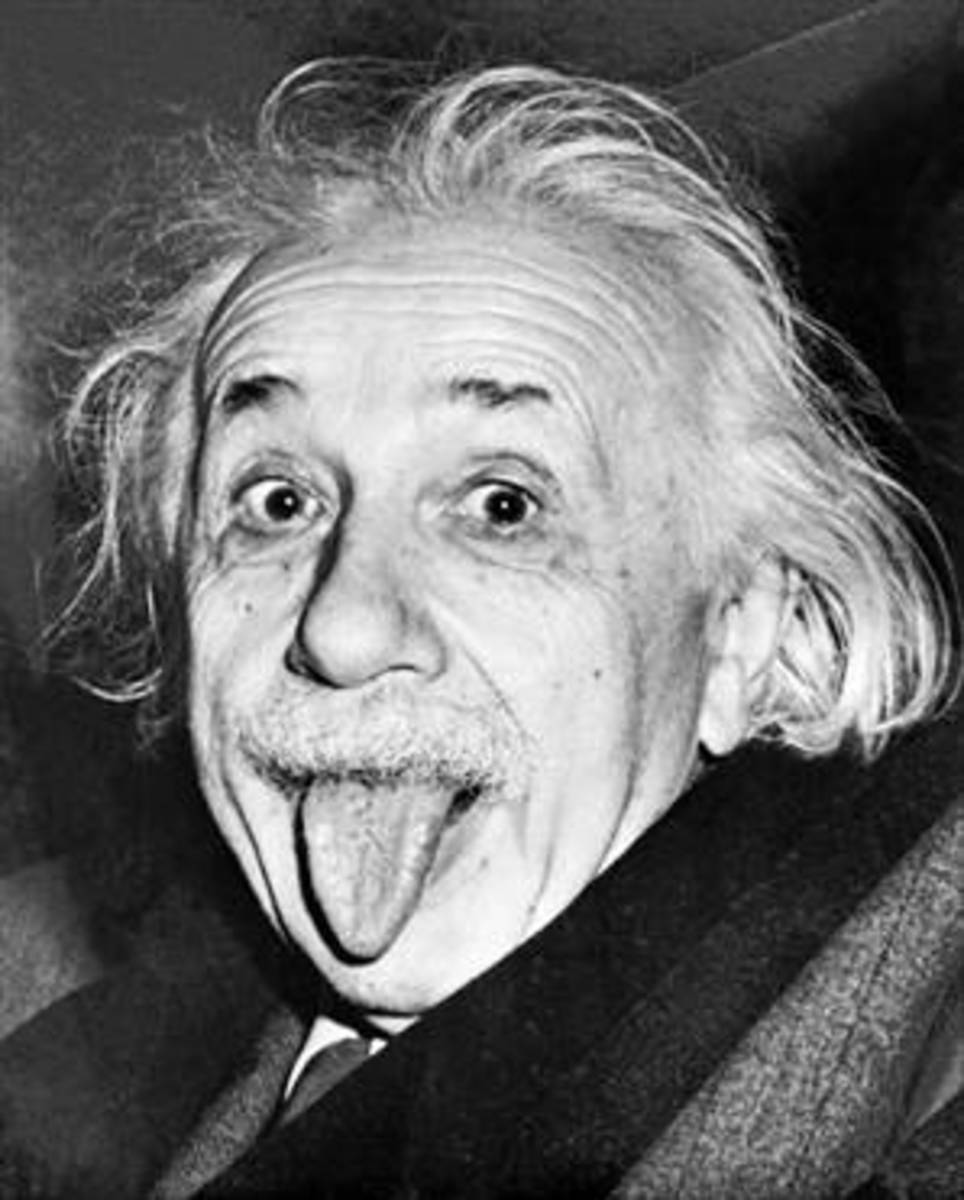Quote of the Week - Henry Ford
Henry Ford
For a little information and entertainment value, I'm going to give you a little wisdom that has come down from our ancestors. Some will be great prominent individuals and thinkers, and others will be only semi-famous personalities that you may have heard of, but not know too much about. I hope you enjoy them. I'll try to do at least one a week; hence the title.
The Question, "Who ought to be boss?" is like asking "Who ought to be the tenor in a quartet?" Obviously, the one who can sing tenor. - Henry Ford
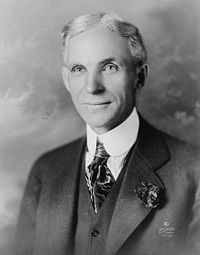
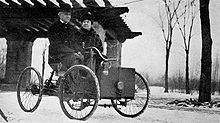
Who he was?
Henry Ford was an American industrialist and founder of the Ford Motor Company. He started his career as a simple boy growing up on a farm, but later went to the big city (Detroit, Michigan) to become an engineer and eventually the head engineer at the Edison Illuminating Company. Throughout his early years and in his later young adult life, he was constantly tinkering on one thing or the other to help improve the lives of the average American family. In his spare time at the Edison plant, he put together a four wheeled prototype of basically bicycle tires powered by a two stroke gas engine. But his idea failed to go anywhere, so he sold the invention in order to work on a more up-scale mode of transportation: the automobile. In 1908 he rolled out his idea to the world, the model 'T', or 'Tin Lizzie' as it was affectionately known. By 1918 the Model 'T' made up over half of the automobiles on the road. It was so popular and so easy to work on, it became synonymous with the name Henry Ford. Also, along with his model 'T', he revolutionized the way industrialists and manufacturers produced automobiles by introducing the first assembly line. A faster, more economical way to get the cars out the door and into the hands of the general public.
Ford also introduced to the American people a concept that was unheard of in the United States: paying over $5 a day for manual labor. It was an unheard of concept in that time in US history and the economic climate, jumping pay from $2.45 to $5. The concept nearly doubled the wages of all other manufacturers. He called this radical approach to business 'wage motivation.' Because of it, the best mechanics and engineers flocked to work for him.
Henry Ford and the Model T
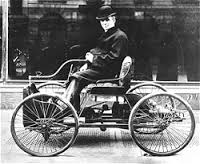
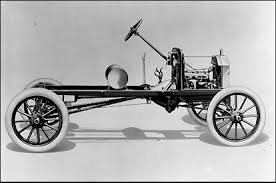
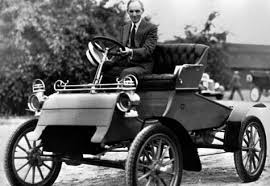
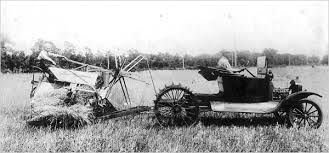
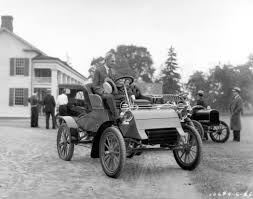
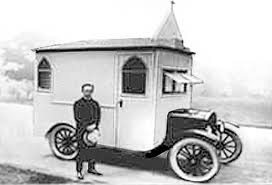
His Life and Death
Born - July 30, 1863 - Greenfield Township, Dearborn, Michigan
Died - April 7, 1947 (age 83) - Fair Lane, Dearborn, Michigan
He married Clara Ala Bryant in 1888. They only had a single child: Edsel Bryant Ford. (1893 - 1943)
In 1879, he left his family farm and went to Michigan to work as an apprentice Machinist in Detroit. Three years later he returned to the farm and became adept at working on the Westinghouse portable steam engine. Subsequently he was hired by the Westinghouse Corporation to service those same engines.
In 1891 he was hired by the Edison Illuminating Company as an engineer. In 1896 he was introduced to Thomas Edison, who liked his automobile experimentations. Backed by lumbar baron, William Murphy, he resigned from Edison and founded the Detroit Automobile Company. Because of the poor quality of the product and difficulties with investors, the company went under in 1901.
In that same year, Ford, with the help of other backers, among them the Dodge Brothers, and Alexander Malcomson, he went on to found the Henry Ford Company, one of the most well known automobile manufacturers in the world.
Although he is best known for his work on the automobile, he was in many ways far more than a simple engineer. He brought many radical new ideas to the table along with a quick pen and slide ruler.
He was against the war, and in an unrealistic attempt to end WWI, he and 170 other peaceful prominent leaders went to Europe to stop this so-called 'waste of energy and time.' It was a dismal failure. The effort was known as the Ford Peace Ship, and was written of by many prominent writers of the day. One of them, H.G. Wells, wrote, "despite it's failure, this effort to stop the war will be remembered when their generals and their battles and their senseless slaughter are forgotten." But although he was against the war, he was after all a business man and used that accuman to his advantage. After the American entry into the war, Ford became a leading producer of ambulances, airplanes, munitions, tanks, and submarine chasers.
Prominent people admired his attitude and savvy all of his life. Adolf Hitler, after he became chancellor of Germany awarded Ford the Grand Cross of the German Eagle. The highest medal for foreigners. On his desk, Hitler kept a full portrait of Ford because he admired his achievements in life.
A wonder
Henry Ford was the epitome of industrial fortitude. He died at the age of 83 without realizing just how powerful his company had become in the United States. It is estimated by Forbes magazine, they are worth in excess of $188 billion dollars today. Even though he wasn't a very business savvy person, his business of automobiles struck a cord into every man and woman in the nation. One of freedom.
Freedom of the open road. Freedom of owning a part of history. Freedom to become anything you want as long as you apply yourself to something you love. We could all learn a few things from his example. With hard work and perseverance anything is possible.
Happy reading!





